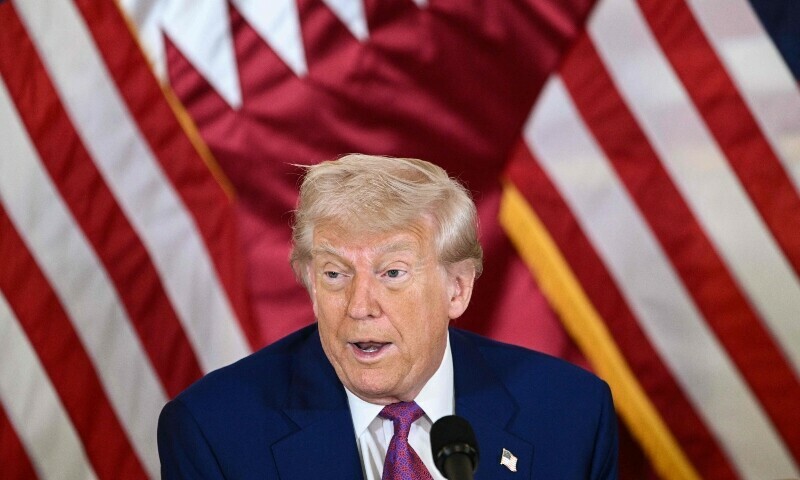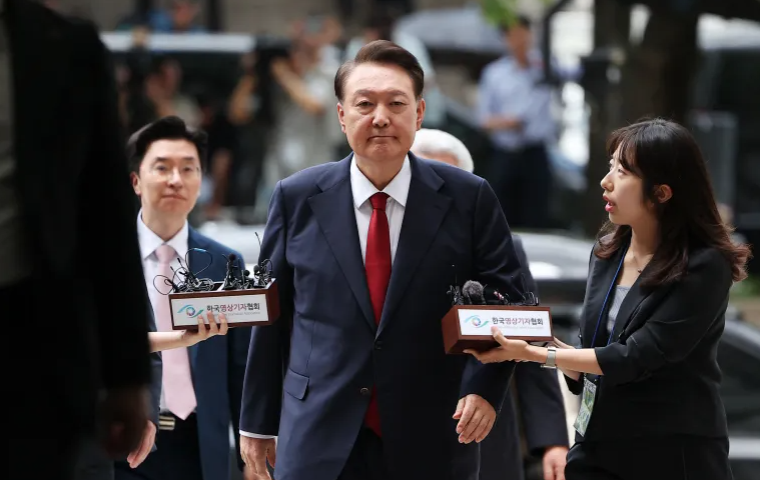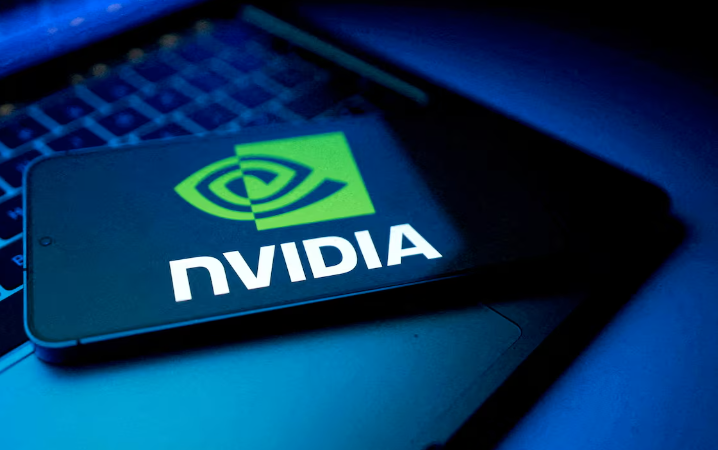WORLD NEWS

During his visit to Qatar, former US President Donald Trump reignited the manufacturing debate with a pointed remark aimed at Apple CEO Tim Cook.
“I had a little problem with Tim Cook yesterday,” Trump said. “I treated you very good… You’re coming here with $500 billion, but now you’re building all over India.”
The comment refers to Apple’s announced $500 billion investment in the US over the next four years — and its simultaneous push to expand production in India and Vietnam amid shifting global trade dynamics.
Apple’s Production Shift: From China to India and Vietnam
Apple CEO Tim Cook confirmed earlier this month that the majority of iPhones sold in the US in coming months will be made in India, with Vietnam now the key producer for iPads, MacBooks, Watches, and AirPods. Production for international markets, however, will remain mostly in China.
Trump, unhappy with Apple’s manufacturing pivot to Asia, stated clearly:
“I do not want you to build in India. Apple will be upping their production in the United States.”
Apple has been hit hard by the tariff war — its shares dropped 5.1% after the latest trade announcements. The company, heavily reliant on low-cost Chinese manufacturing, is now diversifying to shield itself from tariff risks.
India’s Zero-Tariff Offer: A Game Changer?
While Trump raised concerns over India's high tariff barriers, he also acknowledged:
“India has offered us a ‘no-tariff’ deal.”
The offer reportedly includes zero duties on 60% of tariff lines, giving US exports greater access to the Indian market.
As India pushes to become a smartphone manufacturing hub, Apple’s increasing footprint there aligns with Prime Minister Modi’s “Make in India” initiative. In March, Apple’s suppliers Foxconn and Tata exported $2 billion worth of iPhones to the US.
Trade Winds Shifting
In a parallel development, the US and China have agreed to a 90-day tariff rollback, offering a temporary reprieve in their ongoing trade war. This window may prove critical for reshaping global supply chains and influencing US corporate strategy.
With geopolitical tensions, shifting supply chains, and multi-billion-dollar stakes, the Trump-Apple-India triangle could reshape the global tech economy.




